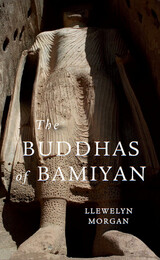Broadcasting and National Imagination in Post-Communist Latvia: Defining the Nation, Defining Public Television
Intellect Books, 2017
Paper: 978-1-78320-691-9
See other books on: Broadcasting | Defining | Nation | National Imagination | Public Television
See other titles from Intellect Books
Paper: 978-1-78320-691-9
ABOUT THIS BOOK | AUTHOR BIOGRAPHY | REVIEWS | TOC
ABOUT THIS BOOK
This book uses the case study of public television in post-communist Latvia to explore the question of how audiences respond to TV offerings, and how their choices can be seen as an act of agency. Jānis Juzefovičs builds his book around Albert O. Hirschman’s classic concepts of exit, voice, and loyalty—the options available to a person within any system. He uses Hirschman’s ideas, along with tools from social constructionism, to assess how the publics of both the Latvian-speaking majority and the large Russian-speaking minority have responded to the role of public television in the nation-building efforts of the new Latvian state. Along the way, he develops our understanding of public broadcasting more generally, and the way it can be used to define a national 'we'.
See other books on: Broadcasting | Defining | Nation | National Imagination | Public Television
See other titles from Intellect Books












